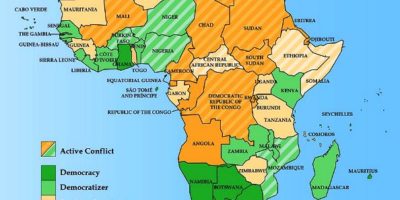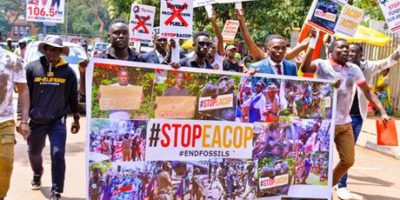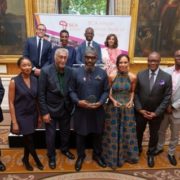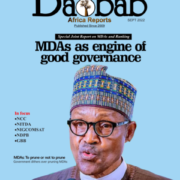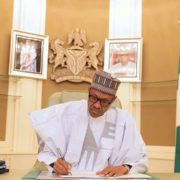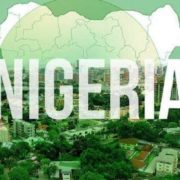Zimbabwe’s long time ruler President Robert Mugabe has built a reputation as an astute and cunning politician. For close to three decades he has held onto the reigns in the once promising Southern African country through a well oiled system of patronage and brutal suppression of dissent.
But at the weekend he was the first to admit that the game is up. His Zimbabwe African National Union Patriotic Front (Zanu PF), which has ruled Zimbabwe since independence from Britain in 1980 is disintegrating into tribal fiefdoms.
The party’s 5th National Congress ended on Saturday evening without any agreement on crucial amendments to the party’s constitution, which has a bearing on the selection of Mr Mugabe’s successor.One of the major constitutional proposals is a demand by party members for the scrapping of a clause that ensures that the party votes along tribal lines for the top posts in the presidium.
Members from the south western parts of the country want the position of party chairman and first vice president reserved for former members of the Patriotic Front – Zimbabwe African People’s Union (PF Zapu).
PF Zapu, which signed a Unity Accord with Zanu PF in 1987, had its strongholds in the Ndebele speaking southern parts. However, some provinces are accusing Mr Mugabe of concentrating power in his Zezuru tribe and want the quota system to be done away with.
“We have deferred the amendments because they are too many,” said Mr Emmerson Mnangagwa, the Zanu PF secretary for Legal Affairs.
“We cannot finish them at this congress. But this does not mean we have dropped them, we can always discuss the amendments at the Central Committee meetings according to the existing constitution.”
Zanu PF insiders say the decision to defer the discussions on the constitution were meant to allow the debate to be kept within a manageable group where the veteran leader can reign on dissenters.
“In terms of what was supposed to be done, it’s as good as this was a one day congress.
“Most of the issues which we expected to be tackled were either deferred or dropped from the agenda,” an insider said.
“All this is because of the leadership’s fear of a revolt from people who wanted to challenge what is now common practice by the leadership to subvert internal democracy.” Mr Mugabe (85) has survived this far by balancing competing factions in his party and through charisma.
However, as he heads into the twilight of his career, keeping his lieutenants from competing for his post has become even harder. This has come at a heavy cost for his party already shaken by the defeat it suffered at the hands of Prime Minister Morgan Tsvangirai’s Movement for Democratic Change (MDC) in last year’s elections.
Addressing more than 10,000 party supporters at the bi-annual congress, Mr Mugabe admitted for the first time that he lost elections and blamed it on mounting factionalism. “The reason why we lost in March last year was because of factions,” he said. “When it comes to elections, the party strangles itself.
The next election is expected in 2011 after a new constitution is drafted that is expected to guarantee a fair vote. The poll could otherwise be in 2013 if the unity government runs its full five-year term.
Mr Mugabe may find it harder to secure the endorsement of his party to contest the next presidential election, when he will be nearly 90 years and in the twilight of a political career spanning more than five decades.





